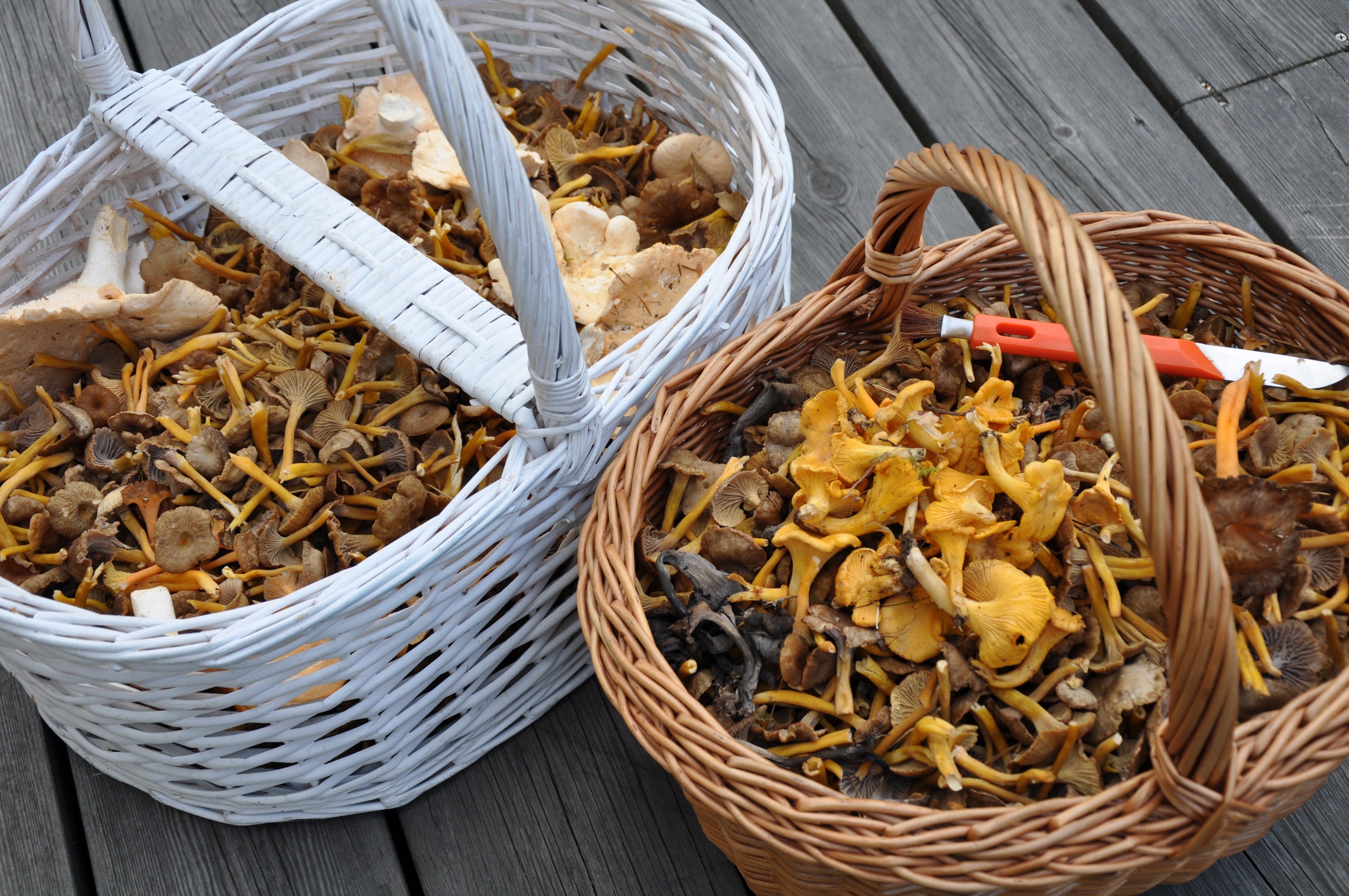Attachments
Note: Not all attachments are visible to the general public. Research URLs will go live after the embargo ends.

Journal/
conference: PLOS ONE
conference: PLOS ONE
Research:Paper
Organisation/s:
University of Galway, Ireland
Funder:
The authors received no specific funding for this work.



 International
International


